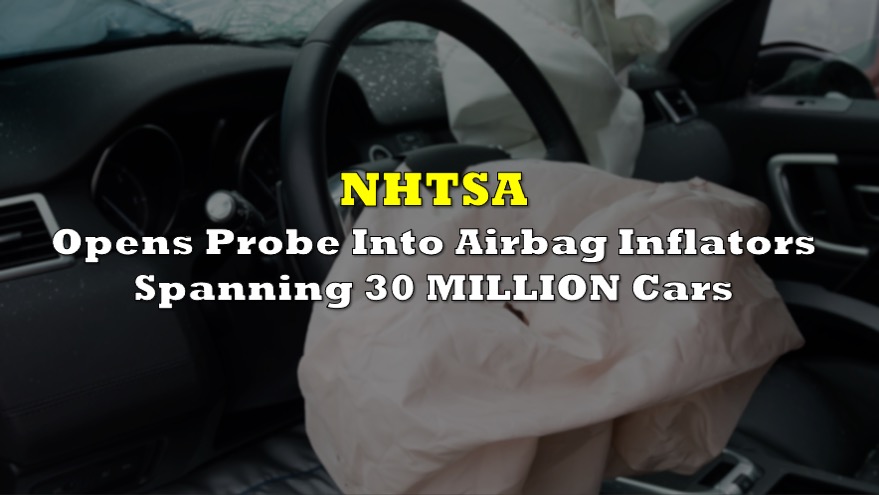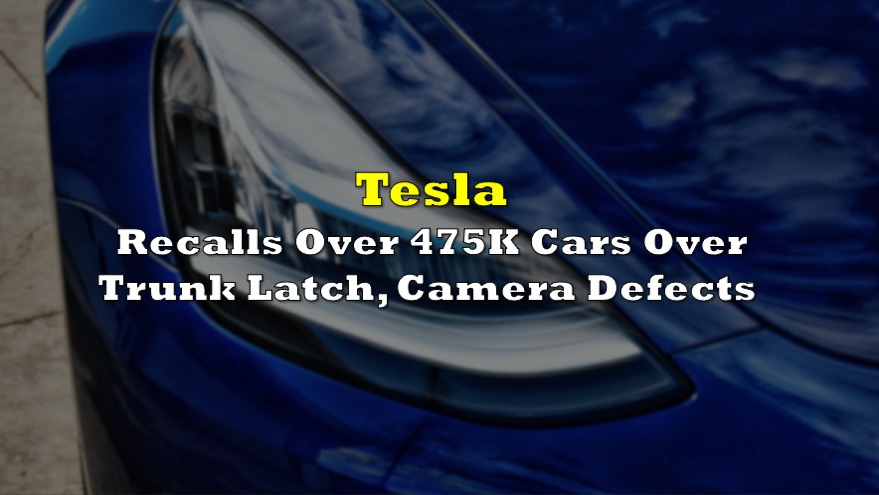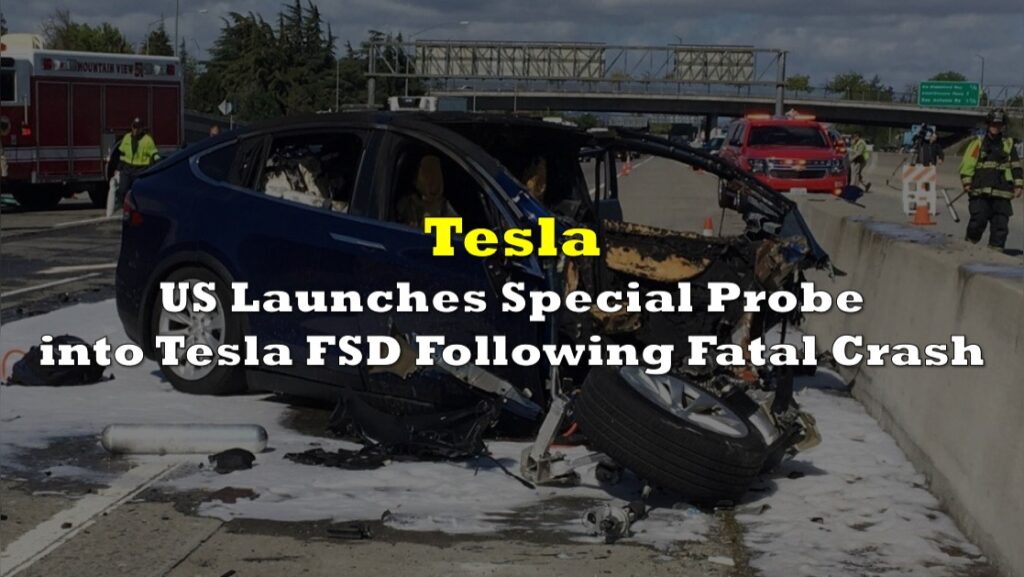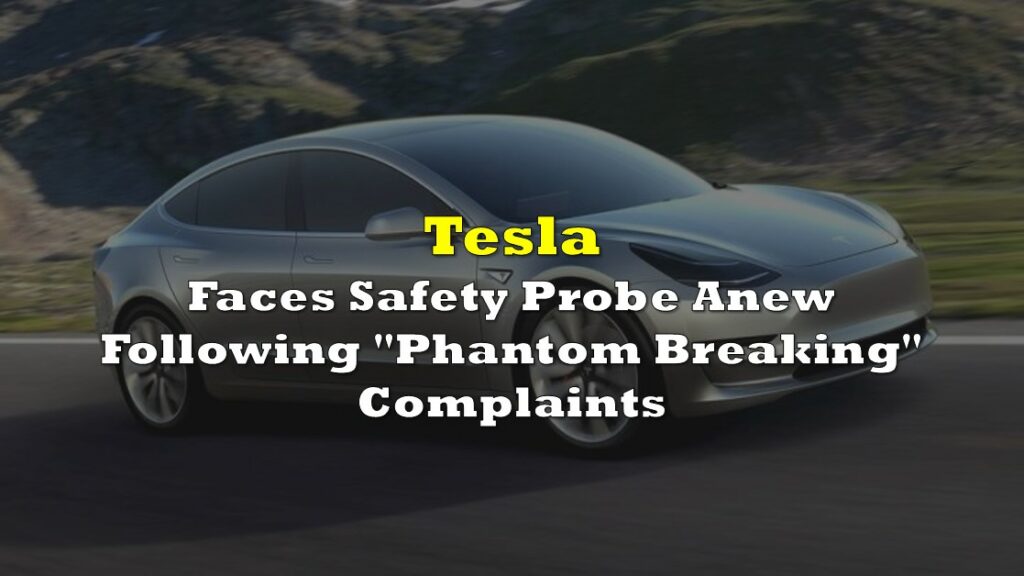The US National Highway Traffic Safety Administration (NHTSA) has opened a massive investigation into 30 million vehicles over potentially faulty airbag inflators.
The potentially defective airbag inflator made by Japanese-based company Takata has already been the subject of 67 million recalls in the US, and more than 100 million recalls around the world. The faulty parts have caused 28 deaths globally, with 19 in the US alone. Another 400 people have experienced injuries from the inflators, which when airbags are deployed, can cause an explosion of metal fragments that can wound crash victims.
However, the two-dozen automakers that have been the subject of previous recalls are once again in the spotlight. According to government documents seen by Reuters, at least 30 million of those vehicles are now part of the NHTSA’s latest investigation, as they either had the defective inflators installed during the manufacturing process or during previous recall repairs.
“While no present safety risk has been identified, further work is needed to evaluate the future risk of non-recalled desiccated inflators,” the NHTSA’s report read, adding that a full engineering analysis will need to be conducted. Sadly for the 30 million-some cars, the installation of the inflators was a mandatory safety feature at the time, similar to seatbelts.
Although airbags in newer vehicles are no longer required to deploy during all impacts, auto manufacturers still installed the inflators— which keep airbags dormant until a certain threshold of force is reached. Car makers such as Ford have previously admitted to using outdated parts even if upgrades are available.
The looming inflator recall could temporarily decommission an extensive number of vehicles while the defective sensors are replaced or disabled. However, the problem will likely be exasperated, particularly as major automakers are running out of semiconductor supplies amid a worsening global chip shortage.
Information for this briefing was found via Reuters. The author has no securities or affiliations related to this organization. Not a recommendation to buy or sell. Always do additional research and consult a professional before purchasing a security. The author holds no licenses.









